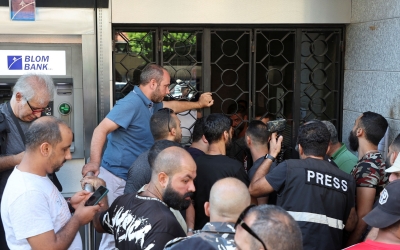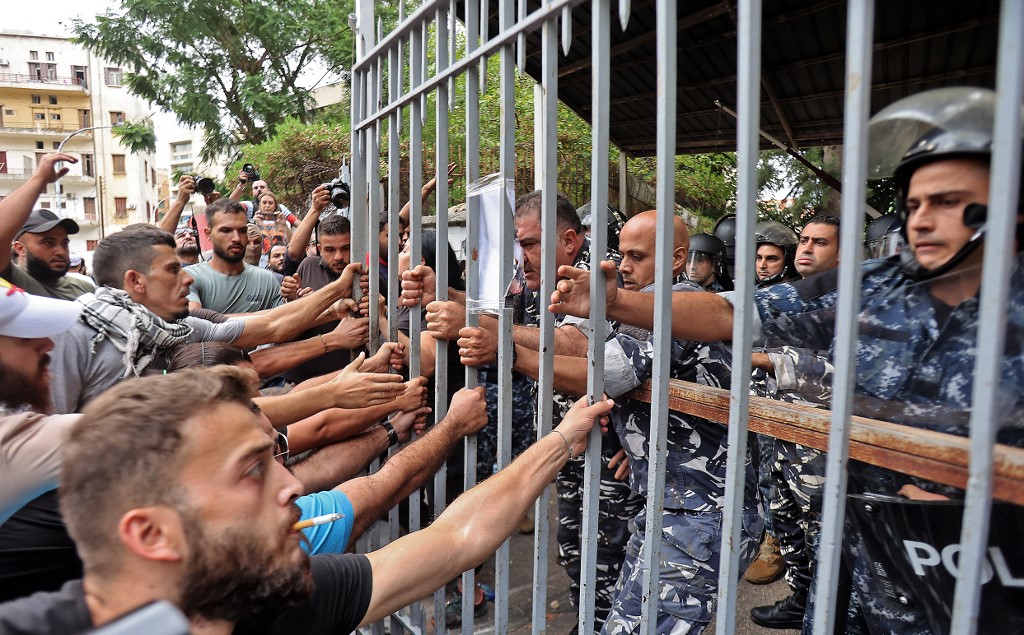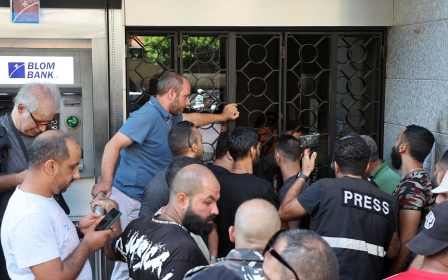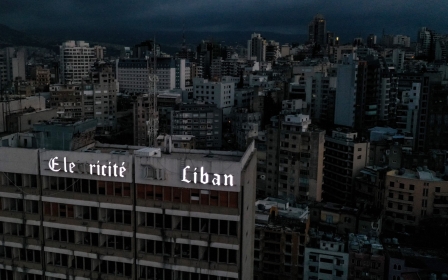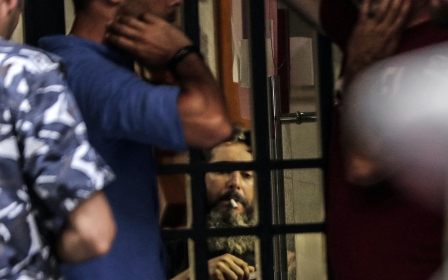Lebanese lira hits all-time low after central bank cuts fuel subsidies
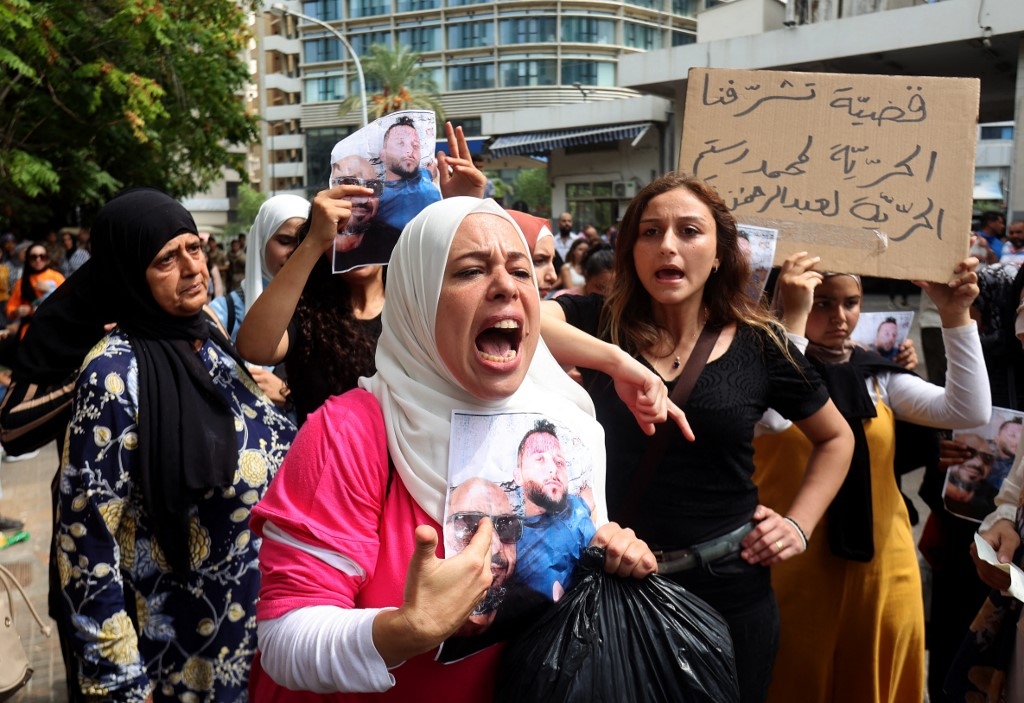
Lebanon's currency hit an all-time low against the dollar on the country's black market on Monday after the central bank stopped fuel subsidies.
Websites monitoring the exchange rate said the lira closed at 38,500 to the dollar, sinking lower than Friday's valuation, when the currency briefly fell to 38,600 before rising again.
New MEE newsletter: Jerusalem Dispatch
Sign up to get the latest insights and analysis on Israel-Palestine, alongside Turkey Unpacked and other MEE newsletters
This latest valuation comes after Lebanon's central bank lifted subsidies on fuel and said it had stopped providing dollars for gasoline imports.
The ending of subsidies has led to increased pressure on the Lebanese lira as fuel importers buy dollars from the market instead of the central bank.
Banks have also closed their doors to customers after several were held up by angry customers demanding access to money, much of which has frozen in their accounts since the economy collapsed in 2019.
For several decades, the Lebanese lira was pegged at 1,500 to the dollar. However since late 2019 the currency has lost around 95 percent of its value.
Banks closing door to customers
The desperate situation has led to several Lebanese in recent days resorting to holding up banks to demand access their money, sometimes using fake guns, sometimes real.
Last Friday, local media reported that over a few hours on Friday morning, people held up at least five bank branches across Beirut and elsewhere.
Last month, an armed man held up a branch of the Federal Bank in west Beirut's Hamra Street, before surrendering to security forces after nearly seven hours of negotiations.
Bassam Sheikh Hussein, 42, took six people hostage and threatened to set the bank on fire if he was not given access to the money he needs to treat an ill relative.
During the incident, protesters gathered outside the bank in solidarity with Hussein, chanting "down with the rule of the banks".
Federal Bank later dropped charges against him and Public Prosecutor Ghassan Oueidat announced Hussein's release from prison without charges or future prosecution related to the case.
Lebanon is in the third year of a financial meltdown that has left an estimated 80 percent of the population living below the poverty line. The World Bank has blamed Lebanon's political class and said the crisis is one of the worst economic crises in more than a century.
Middle East Eye delivers independent and unrivalled coverage and analysis of the Middle East, North Africa and beyond. To learn more about republishing this content and the associated fees, please fill out this form. More about MEE can be found here.


